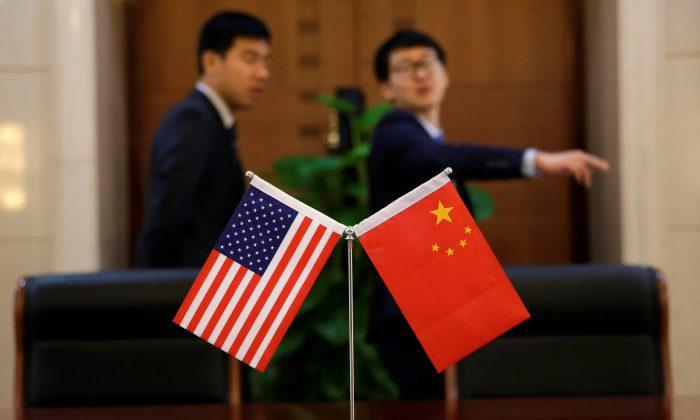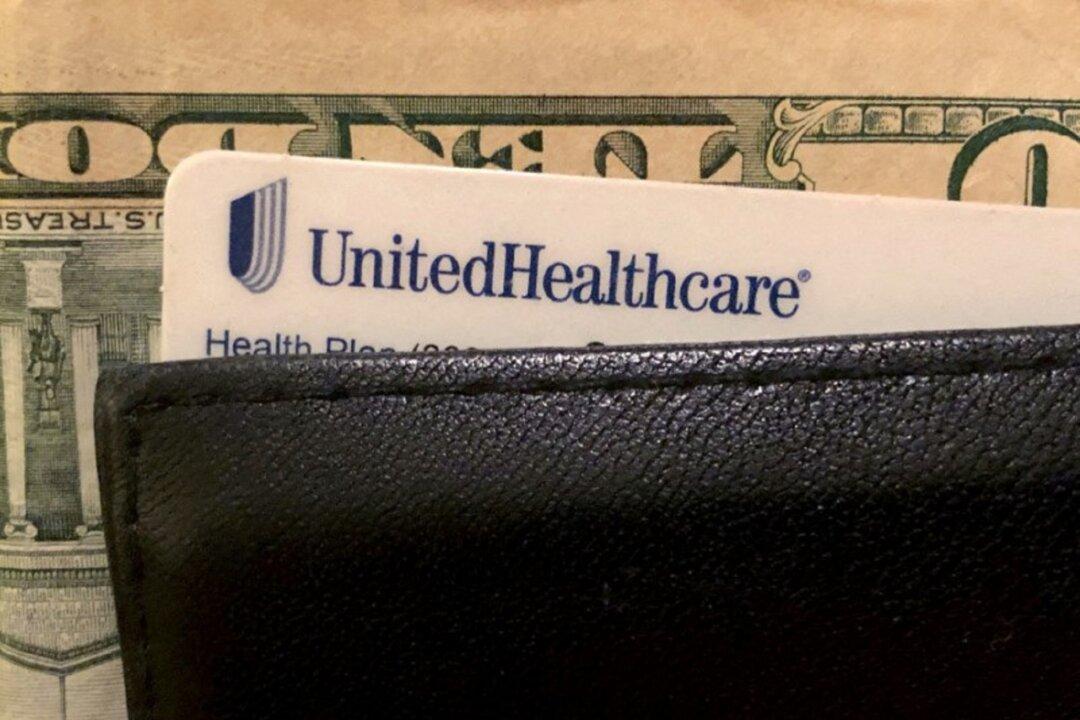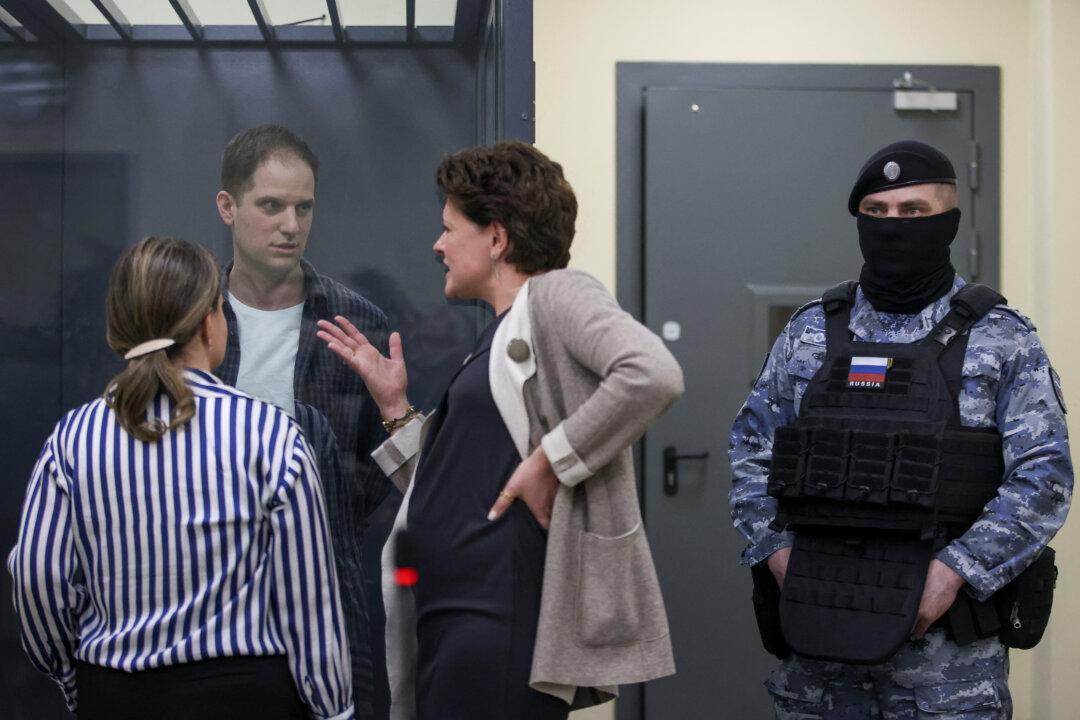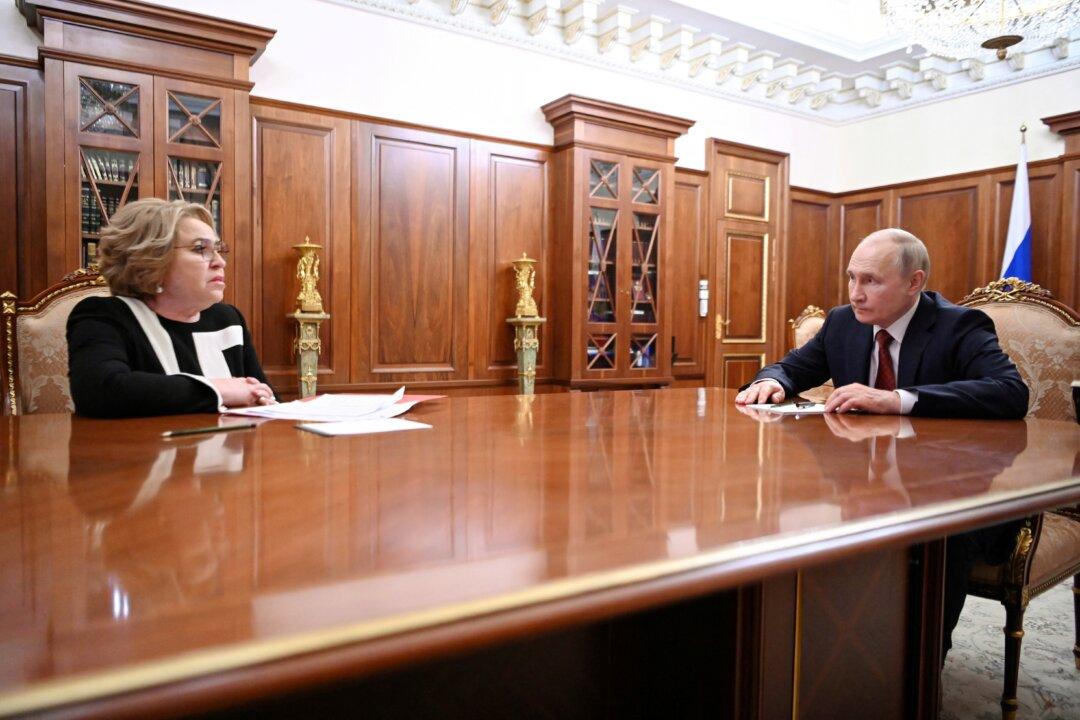WASHINGTON—The United States said on May 29 that it will sustain the proposed tariffs on $50 billion worth of Chinese imports and will use it unless Beijing addresses the issue of theft of American intellectual property.
Washington will also press ahead with restrictions on investment by Chinese companies in the United States as well as export controls for goods exported to China, the statement from the White House said.
Details of the investment and export controls will be announced by June 30 and the final tariff list will be published by June 15.
The announcement on May 29 restated comments by administration officials that both the tariffs and the restrictions remained in place even after the United States and China sketched out a deal this month to reduce China’s $375 billion trade surplus with America.
A list of potential tariff targets has already been published by the United States Trade Representative’s office and it largely includes intermediate tech goods used by companies to make other products as well as some consumer goods like televisions.
Even though Washington had not withdrawn the threatened tariffs on imports from China, Beijing reacted harshly to the announcement, saying it was surprised by the White House statement and would defend its interests.
Threats of a trade war between the United States and China had hit financial markets hard, although now most economists believe the two will manage to avoid a major economic conflict.
China has repeatedly said that it will push ahead with its development of high-tech industries.
The two countries earlier this month agreed to look at measures to reduce China’s trade surplus with the United States in a move that appeared to reduce the risk of a trade war between the world’s two largest economies.
That deal was separate from the U.S. investigation into China’s alleged theft of intellectual property.
Commerce Secretary Wilbur Ross will visit Beijing this week to try and get China to agree to firm numbers for additional U.S. exports to the country. The United States had wanted China’s trade surplus with America to shrink by $200 billion in two years.
There is room to increase exports to China by selling more agricultural commodities and energy products and China has agreed in principle to import more, but the two sides do not have a firm agreement.






Friends Read Free